Academy of Ideas
The Academy of Ideas has been organising public debates to challenge contemporary knee-jerk orthodoxies since 2000. Subscribe to our channel for recordings of our live conferences, discussions and salons, and find out more at www.academyofideas.org.uk
The Academy of Ideas has been organising public debates to challenge contemporary knee-jerk orthodoxies since 2000. Subscribe to our channel for recordings of our live conferences, discussions and salons, and find out more at www.academyofideas.org.uk
Episodes
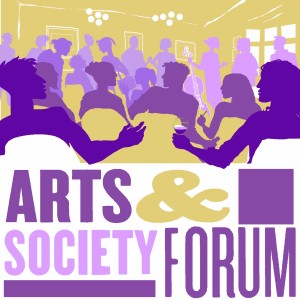
Tuesday Aug 04, 2020
#Arts&SocietyForum: Gabriella Swallow on JS Bach and Helmut Lachenmann
Tuesday Aug 04, 2020
Tuesday Aug 04, 2020
ARTS & SOCIETY FORUM: Gabriella Swallow, one of the most versatile and exciting cellists of her generation, gives a lecture on her twin inspirations: German composers JS Bach and Helmut Lachenmann. These two musicians - 200 years apart - tackled the same instrument. Both were experimental and strove for the same kind of experience, but in completely different ways.
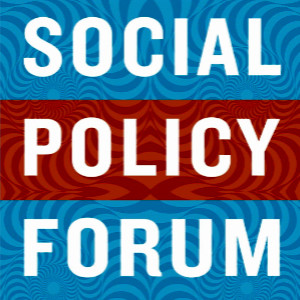
Tuesday Aug 04, 2020
#SocialPolicyForum: Behind the NHS frontline
Tuesday Aug 04, 2020
Tuesday Aug 04, 2020
SOCIAL POLICY FORUM: While the nation has been getting behind the NHS and care workers, stepping onto doorsteps to ‘clap for carers’ battling with Covid-19; there has been a growing sentiment that we don’t appreciate enough the vital – and sometimes dangerous – work they do. But is the wartime rhetoric and applauding of ‘heroes’ overdone, and the list of key workers overlong? Will everything return to normal after the crisis is over, or will public support and gratitude lead to better pay and services, and a new appreciation of public service? Jon Bryan and Dr Frankie Anderson discuss.
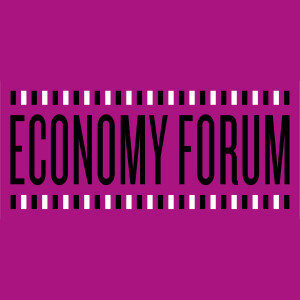
Tuesday Aug 04, 2020
#EconomyForum: The Covid-19 global economy - from Italy to South Africa
Tuesday Aug 04, 2020
Tuesday Aug 04, 2020
ECONOMY FORUM: In their different ways, Italy and South Africa are very important economically. Italy is the eighth largest in the world by nominal GDP and the third largest in the EU. South Africa is the second largest economy in Africa and the only African country in the G20. Moreover, both countries have been badly hit by the crisis. Dominic Standish and Russell Grinker discuss.
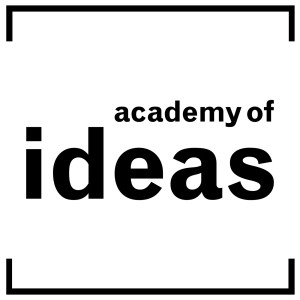
Tuesday Aug 04, 2020
Book Launch: Why borders matter, with Professor Frank Furedi
Tuesday Aug 04, 2020
Tuesday Aug 04, 2020
ACADEMY OF IDEAS BOOK LAUNCH: Limits, boundaries and borders are increasingly unfashionable. Whether its support for the ‘no borders’ approach of Europhiles or the rejection of binaries by gender-theory enthusiasts, arguing for borders is difficult these days. In his new book, Why Borders Matter: why humanity must relearn the art of drawing boundaries, Professor Frank Furedi argues that the key driver of the confusion surrounding borders and boundaries is the difficulty that society has in endowing experience with meaning. Timandra Harkness and Professor Frank Furedi discuss.

Tuesday Aug 04, 2020
#Arts&SocietyForum: Gericault, Picasso and the art of composition
Tuesday Aug 04, 2020
Tuesday Aug 04, 2020
ARTS & SOCIETY FORUM: Theodore Gericault’s ‘The Raft of the Medusa’ is not only an enormous painting of high drama and tragedy on a cinematic scale, but it is also an assertion of the power of underlying geometry, shape and colour to carry a narrative. It is a constant inspiration to me for the creation of meaning in art through composition, a balance of both form, shape and subject. Picasso’s ‘Three Dancers’ is equally assertive through its brightly coloured, flat geometric shapes, and like Gericault’s ‘Raft’ it also has a complex human narrative. Dido Powell is a painter who rejects the separation of the painting categories ‘abstract ‘ and ‘figurative’. For years, she has been interested in including abstract shapes in my paintings that she has observed from her surroundings, such as reflections and shadows. Painter Dido Powell explains how these paintings, separated by a century, convey their meanings and deal with poignant human struggles.

Tuesday Aug 04, 2020
#Arts&SocietyForum: Morality and hell - the power of Dante’s Inferno
Tuesday Aug 04, 2020
Tuesday Aug 04, 2020
ARTS & SOCIETY FORUM: Dante’s Divine Comedy, composed 700 years ago, is one of the foundational texts of Western literature. It was written in Dante’s own Florentine dialect, and according to those able to read the original, no translation has ever adequately conveyed both its poetic force and imaginative power. Even in translation though - and there are hundreds in English alone - the poetry, narrative and imagery of Dante’s work have made a lasting impression on generations of readers, as they have followed the author on his own tour of Hell, Purgatory and Paradise. And of the three parts of the poem, it is Hell that is most loved. Why, asks writer and author Dolan Cummings.

Tuesday Aug 04, 2020
#EducationForum: After toppling statues, is it time to rewrite the curriculum?
Tuesday Aug 04, 2020
Tuesday Aug 04, 2020
EDUCATION FORUM: Should we welcome the de-colonisation of the curriculum as a way of correcting white Anglocentric bias and institutional racism? Or, however well-intentioned, will it encourage tokenistic box-ticking lessons? Might more diversity in the curriculum allow our BAME students to better see their identities affirmed or is this superficial gesture politics? The answers to these questions may depend on how we see schools. Are they microcosms of society and community, where diversity and identity are explicitly celebrated? Or are knowledge transfer and the curriculum a specific domain which should be immune from the external preoccupations of the world of politics and pressure groups? What should be the aim of a good education: to affirm a young person’s identity or take them beyond it? Tarjinder Gill, Dr Alka Sehgal Cuthbert, Gemma Rees and Andre Ediagbonya-Davies discuss.
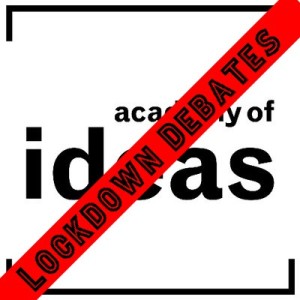
Friday Jul 31, 2020
Friday Jul 31, 2020
LOCKDOWN DEBATE: How best can work and life return to normal post-Covid? Will normality ever return? Many argue we will have to learn to live with the ‘new normal’, accepting facemasks, elbow-bumps, and under-filled pubs. Some even celebrate it, arguing that office life is dreary compared with the extra time to spend with family and friends that working from home allows. Do we need to make a more full-throated case for a return to normal life, or is this too risky when the virus still causes deaths across the world? Should we celebrate the chance to re-evaluate social norms and working practices, or do we risk leading narrower, more parochial lives? What exactly has been missing during the lockdown – and why should we care? Dr Clare Gerada, Ben Habib, Norman Lewis, Rebecca Lowe and Anne-Elisabeth Moutet discuss.


